The department for business, energy and industrial strategy (BEIS) launched its CCUS cluster sequencing process in May 2021 to identify geographical clusters suitable for deployment in the mid-2020s.
Last autumn, the government chose the East Coast Cluster, which covers the Teesside and Humber areas, and Hynet, covering the north west and north Wales, as those to receive support for deploying CCUS at scale (see letsrecycle.com story). A Scottish cluster was announced as a reserve.
Yesterday (22 March), BEIS announced the projects within those clusters which can now move forward to the evaluation stage of the process.
Within the East Coast Cluster, EfW projects chosen by BEIS to receive support include Suez’s Tees Valley facilities, the Tees Valley Energy Recovery Facility Project (TVERF), Velocys’s Immingham waste to jet fuel plant, the Redcar Energy Centre, the Lighthouse Green Fuels project, and the North Lincolnshire Green Energy Park, among others.
Within Hynet, the projects include Viridor’s Runcorn industrial CCS project and the Protos Energy Recovery Facility.
Tees Valley
Waste management company Suez first announced plans to develop a commercial scale carbon capture plant at its Tees Valley (Lines 1 and 2) facility at Teesside in November 2020 after signing a memorandum of understanding with oil and gas company BP (see letsrecycle.com story).
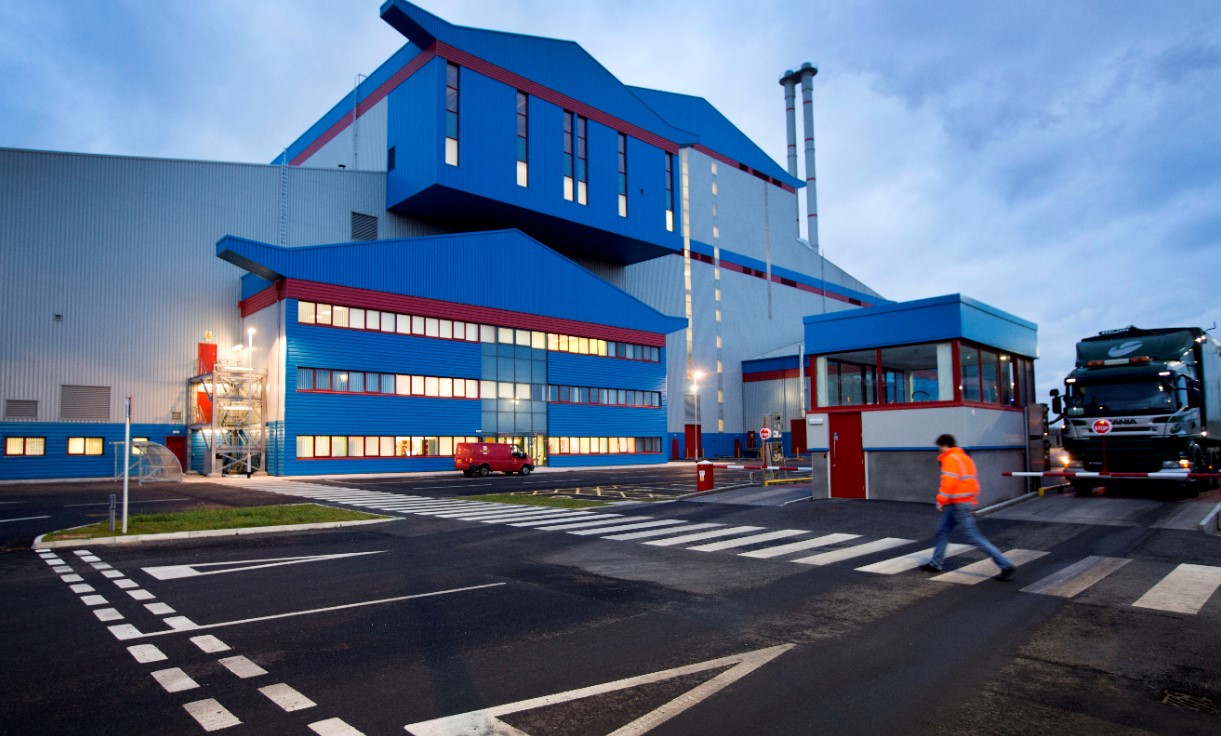
The original project envisaged capturing the carbon dioxide from the facility’s flue gas emissions and transporting this to a geological storage site beneath the North Sea.
Suez made two applications to BEIS to develop carbon capture plants at its Tees Valley (Lines 1 and 2) and Tees Valley (Line 3) EfW facilities.
Yesterday, both were identified as eligible for support under the government’s industrial business model. They now move forward to the evaluation stage.
John Scanlon, chief executive officer for Suez recycling and recovery UK, said: “With a solid operational track record and the benefit of being located on the planned route of the pipeline that will transport CO2 from Teesside to the storage location, our facilities are ideally placed to become one of the UK’s first carbon capture from energy from waste projects.”
Runcorn
Viridor unveiled plans to invest “up to £1 billion” in CCUS technology at five of its energy recovery sites in October last year (see letsrecycle.com story).
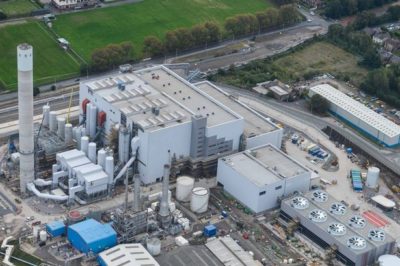
Yesterday’s announcement means the company’s CCUS project at Runcorn in Cheshire, home of the largest EfW plant in the UK, was identified as eligible for government support.
Will Andrews-Tipper, head of policy at Viridor, told letsrecycle.com: “We welcome the confirmation that Runcorn has met the eligibility criteria.
“With the potential to capture and store nearly 1 million tonnes of emissions per year, it is one of the UK’s best industrial carbon capture opportunities.
“We look forward to continuing to progress our Runcorn CCS project, delivering investment and jobs in the north west, and delivering our commitment to becoming a net zero company by 2040.”
Carbon capture
The cost and efficacy of carbon capture and storage at EfW plants hit the headlines last year with the publication of two conflicting reports (see letsrecycle.com story).
A report published on 5 October by consultancy Eunomia and commissioned by Viridor claims that using CCUS technology on EfW facilities could be “some of the cheapest” of any industrial sector. This is thanks in “large part” to the location of many facilities close to potential CCUS clusters and port hubs, Eunomia says.
However, in a report published on 4 October, Zero Waste Europe described CCUS at EfW plants as “an expensive distraction to a circular economy”.
Related links
Cluster sequencing Phase-2: eligible projects




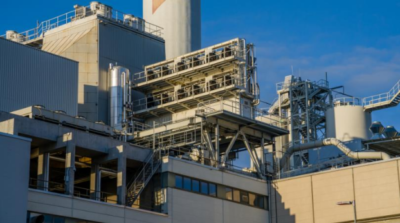

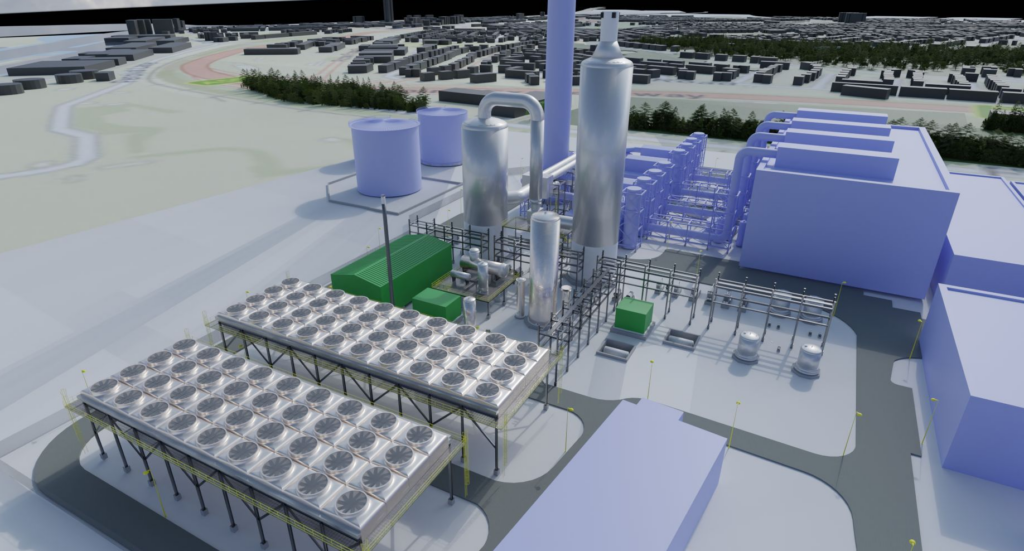
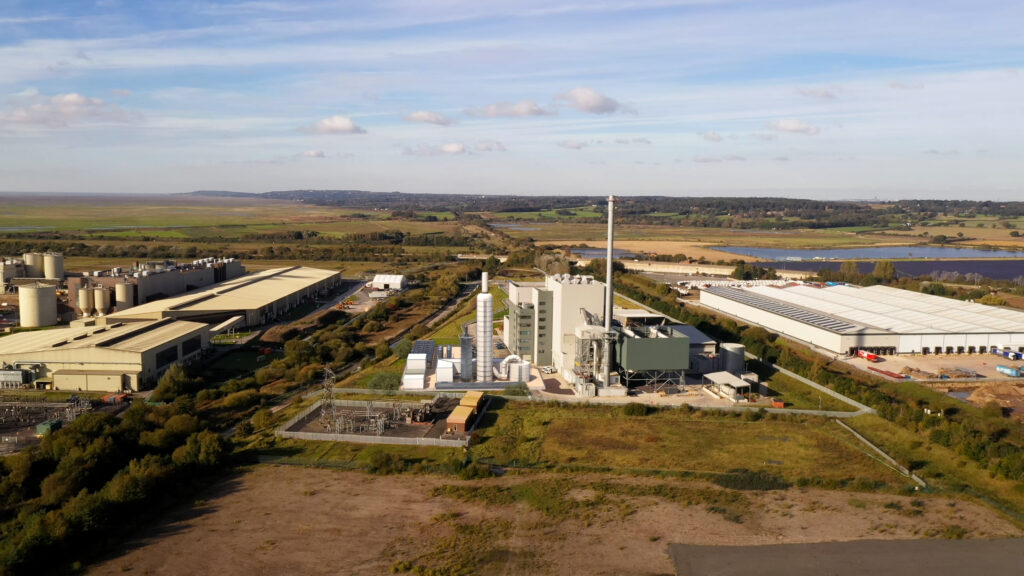
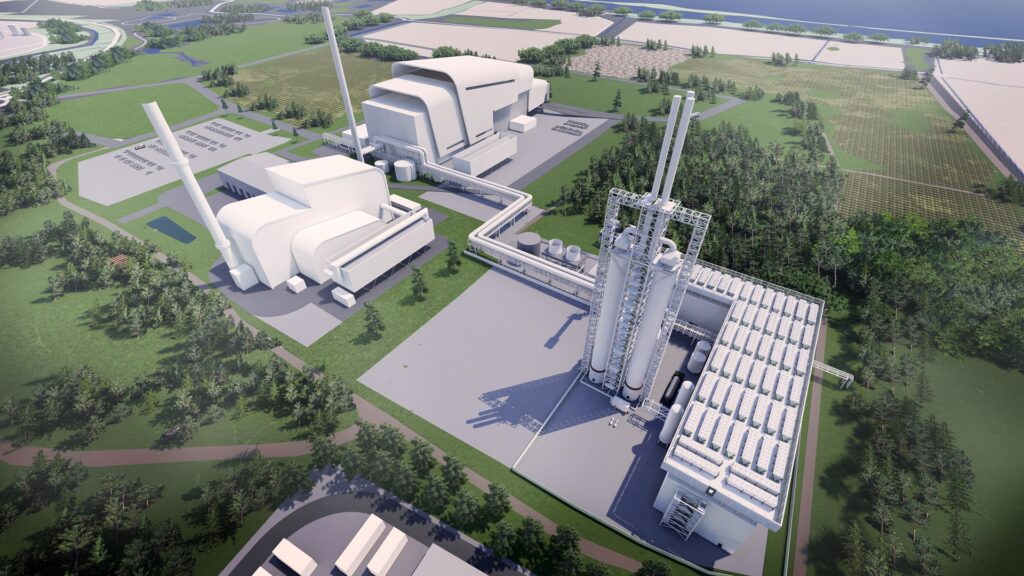


Subscribe for free